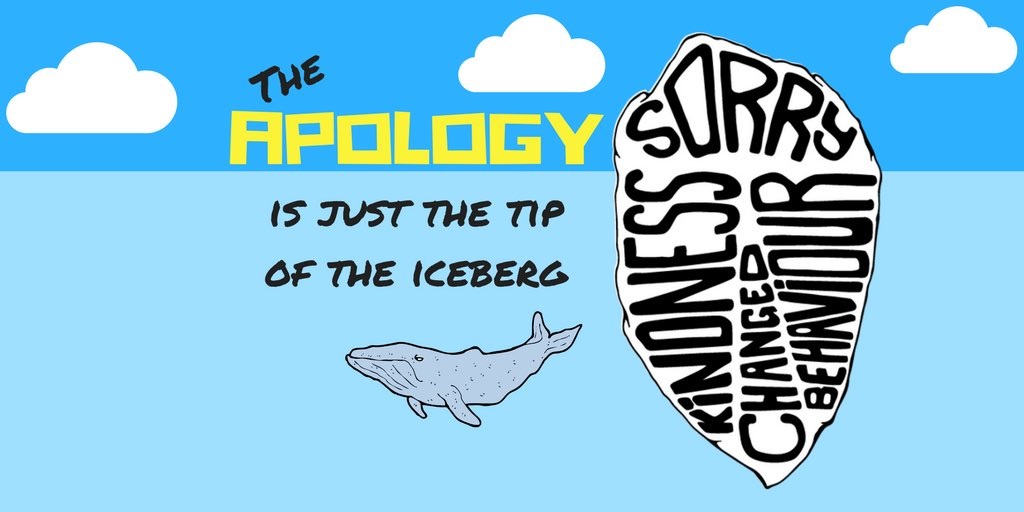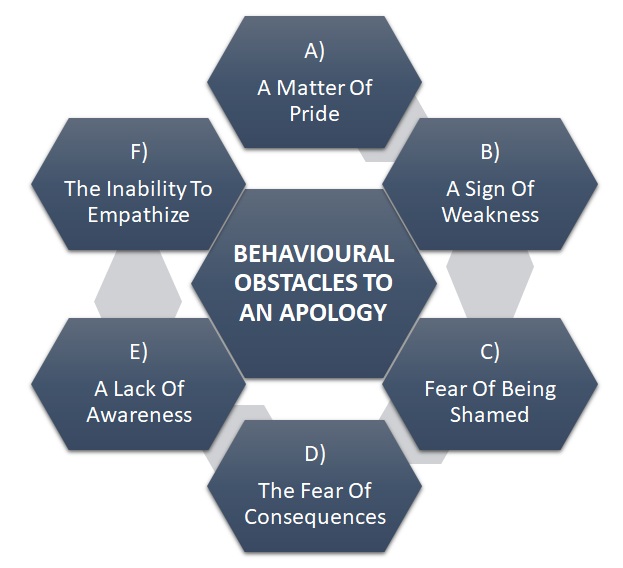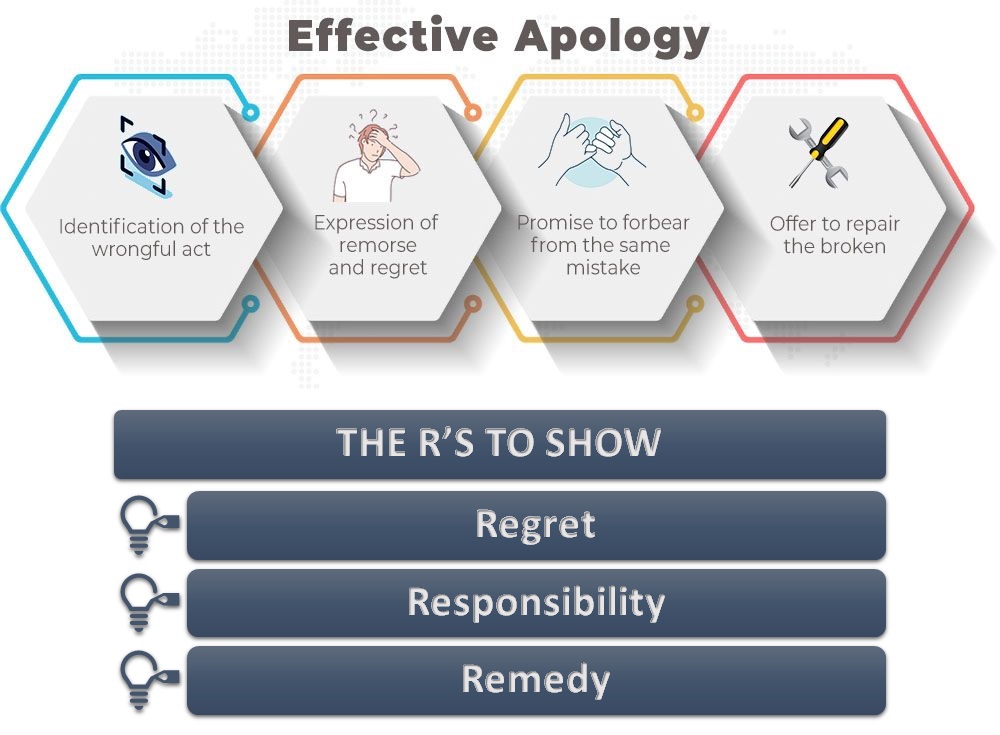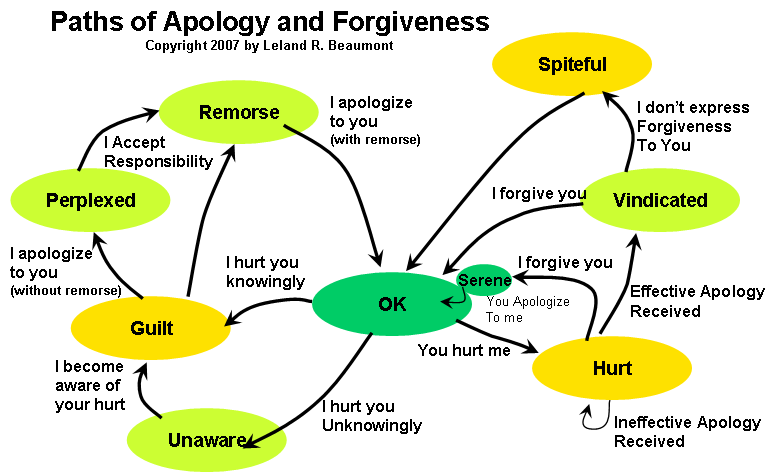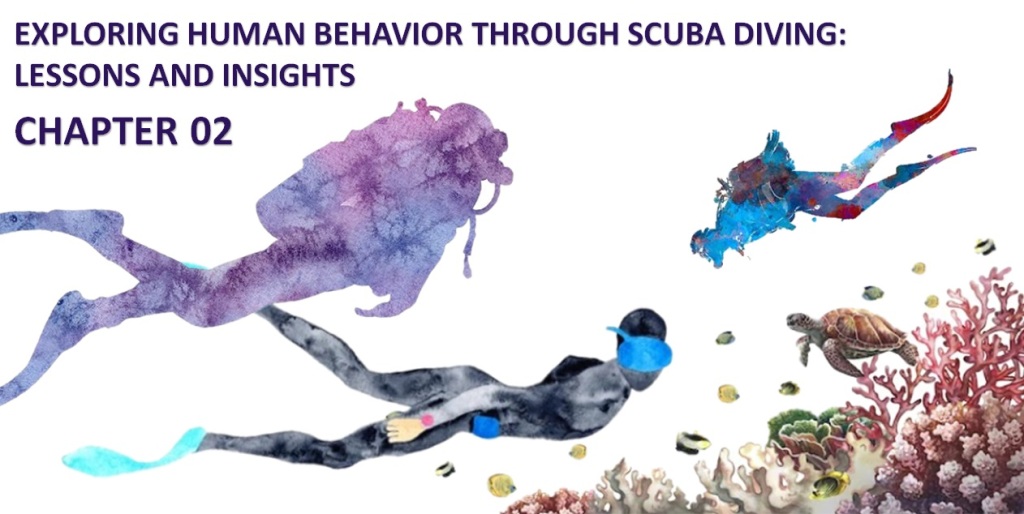
***Continued from Chapter 01 (Points 01 to 04 Covered- Link Below)
05) -> Always Dive with a Buddy
Our buddy is there to help should we need them: we run out of air, our equipment malfunctions, we see something incredible that no one else will believe unless we have a witness. Our buddy is there to hold us accountable, to encourage and to calm us down should panic arise. A good buddy thinks not only of themselves, but of their counterpart as well. Our dive buddy could be a stranger we have just met on the boat or a lifelong friend with whom we share a passion. We enter the ocean on each other’s terms, agreeing on a dive plan, understanding that while each person is responsible for himself, they are also there to lend a helping hand. You share the dive together, exit the water together, drifting along in a sort of dependent independency (interdependency).
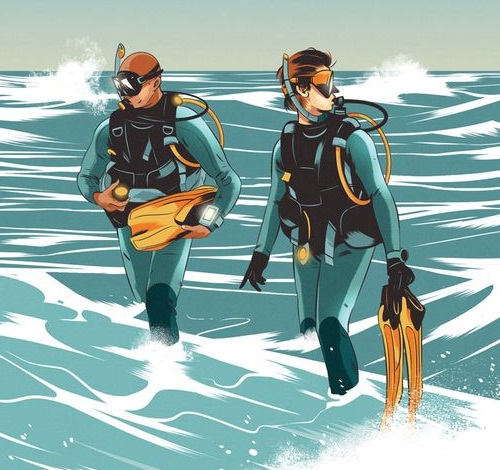
Lesson:……………………………….. Going through life without someone with whom you can communicate, without someone to be there should you need them, is not an ideal way of life. We need to be able to be alone with ourselves, to love ourselves independent of others, in order to make ourselves happy. But there is something to be said for having an ear that listens. We cannot isolate ourselves too much, closing ourselves off from the rest of the world. We thrive on connection, on acceptance, on belonging to something bigger than ourselves.
The buddy, whether they are a partner, parent, or best friend, can help to appreciate the solitude found in our world while remaining there for each other should we need one another. It is comforting to know that a buddy will be there, or will need us too, when needed.
06) -> Slow Down
The primary purpose of moving on a dive is to do so slowly and purposefully, carefully creeping along a coral reef, checking cracks and crevices for hiding creatures. The more slowly we move, the more we are likely to see. The diver who surfaces after their planned bottom time has lapsed, complaining of not seeing anything, is likely the diver who moved too quickly.
There is no telling what kinds of alien-like life forms are lurking in the lush shelters of vibrant reefs. Many are minuscule or camouflaged, only visible to the trained eye of a curious scuba diver. The marine world is an interesting, astounding, captivating place where no two dives are the same, and no two dives will yield the same sights. The experienced diver knows that careful observation is the secret to uncovering the treasures, both big and small, that the ocean has to offer.
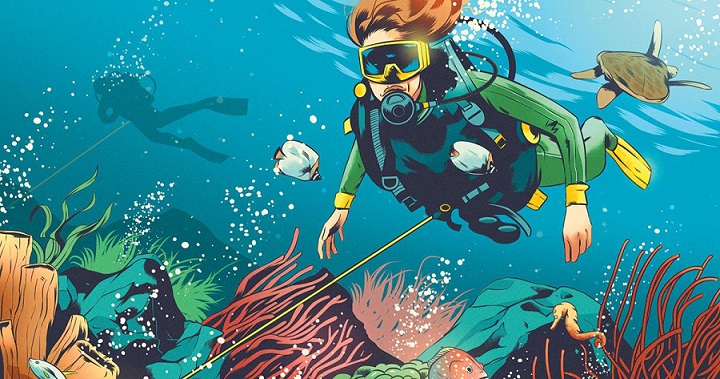
Lesson:……………………………. We are in a world where everything is immediate and fast paced and needs to happen as soon as possible. Diving teaches, for the love of all things beautiful, to slow down and appreciate the environment we are in. It shows us that stress and pressure should not be our motivating factors, rather the reasons behind our actions should lie in what interests us. The forces driving us forward are curiosity and inquisition, our motivation propelled not by what lies ahead, but what lies right here, right now, right in front of our eyes if we will only take the time to look.
07) -> The More We Dive, the Less Weight We Will Need
The first breaths underwater will most likely be taken with a weight that is heavier than the weight we need. There is so much to take in, inhaling with enthusiasm, that we often forget to exhale, filling our lungs, bringing stubborn buoyancy to our bodies that can only begin to be counteracted by adding a few extra pounds to your weight belt.
But then we learn, and the novelty wears off. We start to put techniques into practice, controlling our breathing and remembering to exhale when we feel ourselves floating up. We make it a goal, like many divers have, to continue dropping our weights – diving with our ideal weight, with no more weight than we need. Thus, we begin to conserve energy, making our air consumption lighter and our tank last longer.
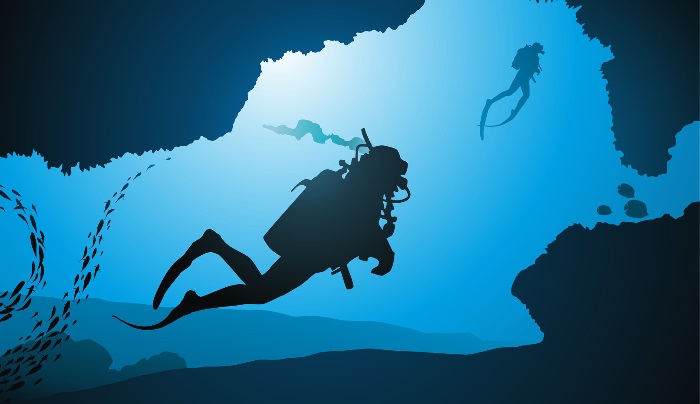
Lesson:……………………………… The more we have moved through life, the more weight we have begun to shed; the weight we always seem to carry with us; trying to drag us down when we are clearly meant to fly. It probably begins in adolescence when we are first exposed to all these new expectations that society has for us to act or be a certain way. Weight after heavy weight gets added, draining ourselves faster than we should, leading us to rely on crutches to achieve our neutral buoyancy, our peace of mind. Here is when it is important to exhale- to let it go.
It takes dedicated and consistent practice. The more we go through life, letting go of the unnecessary, the more comfortable we get in our own skin, the more we can conserve our positivity.
08) -> Not Every Dive Will Be Breathtaking
Stunning underwater encounters will be present, but for every magnificent moment, there will be even more hours spent in which we see a lot of the same. That does not mean those dives were not beautiful in themselves, rather they just weren’t as noteworthy as others.

Lesson:………………………….. It’s true in our lives as well. We become accustomed, getting caught in a routine. We wake up wanting our days to look a certain way, thinking that if we do something different it’s going to be the answer that unlocks all of our problems, thinking that every day should be significant. Not every day in our lives is going to be incredible. We must have the ordinary to balance the outstanding. We need monotony in order to appreciate the magnificent.
We have learned to let go of our expectations, to let every feeling wash over us, and to not get discouraged by a little boredom or normalcy. We have learned to create a life for ourselves in which the good outweighs the bad, and, in between the repetitiveness and regularity, we have put ourselves in a place that we can appreciate.
09) -> We Are the Awkward Creature in an Unfamiliar World
Diving in the ocean allows us to get incredibly close to nature, being mere inches away from multiple wild animals. And then, seeing these creatures move in a lightning-fast haste, changing direction and whizzing through the water like its less than air, is incredibly humbling; a reminder of just how vulnerable we are in this unearthly environment. That is why, as divers, we are taught to treat the marine world with such respect; we are outsiders in an arena that does not belong to us, slower than any underwater being no matter how quickly we kick our fins.

Lesson:…………………………………. It is the same with traveling, with seeing more and more of the earth, encountering new cultures, and leaving tracks in our wake. Scuba diving shows us that we are all just awkward creatures in an unfamiliar place. We all have experiences that humble us, that remind us just how vulnerable we are in comparison to the other forces in this world. We think we are in control, and then the change happens, a movement so fast that it occurs in the blink of an eye: a destructive hurricane hits, a pandemic runs through the world, fires rip through forests and suburbs. Which is why we learn that we need to treat our world with respect, acting in our lives with the knowledge that anything can change in an instant. We have become more conscious of our habits, trying to limit the waste we produce, trying to step more lightly through life, leaving less of a footprint behind.
10) -> Always Do a Safety Stop, Even if it’s Not Required
We do a safety stop at the end of every dive, spending 3 minutes at 5 meters or 15 feet, allowing excess nitrogen to begin dissolving from our tissues. Research and the Recreational Dive Planner (RDP) exhibit that a safety stop is not always necessary or required, but we always do one because it is a good diving habit to be in.
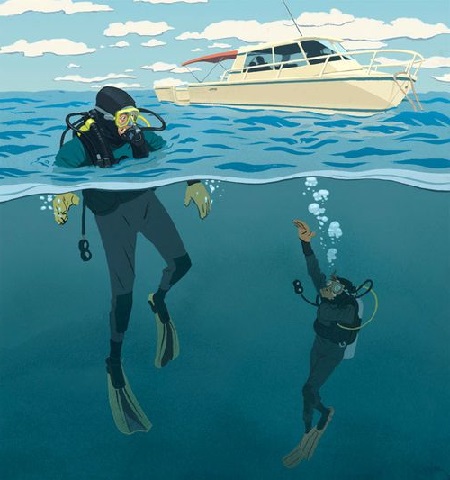
Lesson:……………………………… In life, we can look at our safety stops as moments to ourselves. A few minutes each day where we can allow ourselves to decompress the stresses and pressures that have built up throughout the day. Examples – safety stops as a morning run, sitting down for afternoon tea, or reading a book before we go to sleep, yoga classes, writing my thoughts out on a page, or going for a sunset swim. We take our safety stops as precious moments to ourselves, a chance to reflect and relax before ascending to what’s required of us the following day. It may not always be required, but getting into the practice of doing something for ourselves, creating a habit that allows us to have that time to unwind, to relax and reflect and release all that we have been holding onto, is valuable in our immense vulnerability to the harsh ways of the world.
In Conclusion:
Life has so much to offer for those that decide to indulge in it. We have millions of opportunities every day to discover and experience something new. It seems as though we sell ourselves short far too often, thinking that we aren’t good enough or aren’t worthy enough to try something new.
Content Curated By: Dr Shoury Kuttappa


